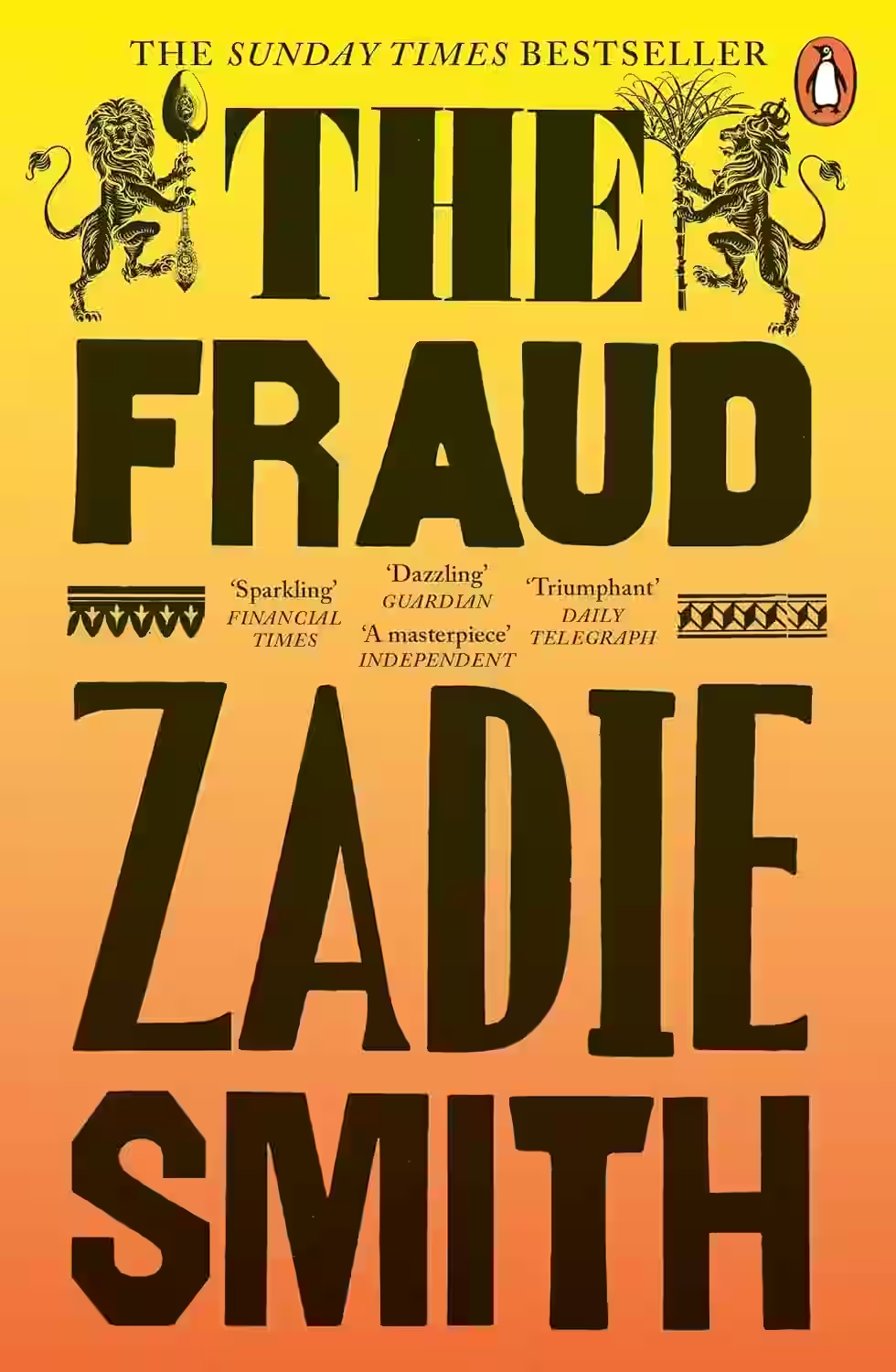
Set in 19th-century London, The Fraud reimagines the Tichborne Trial—a real-life Victorian scandal—as a lens through which to examine truth, authorship, and identity. At the story’s center is Eliza Touchet, housekeeper and cousin to novelist William Ainsworth, who becomes entangled in the trial of a butcher claiming to be a long-lost aristocrat. Through Eliza’s sharp observations and moral grappling, Zadie Smith interrogates class, empire, race, and the shifting lines between fact and fiction. With her signature wit and depth, Smith crafts a historical novel that feels urgently modern, revealing the social and literary frauds that still echo today.
About Zadie Smith
Zadie Smith is a British novelist, essayist, and cultural critic known for her intelligent, witty, and socially observant prose. She rose to prominence with her debut novel White Teeth (2000), which won numerous awards and established her as a major literary talent. Her subsequent works—including On Beauty, NW, and Swing Time—further cemented her reputation for tackling themes of race, identity, family, and class with nuance and humanity. Smith is also a prolific essayist, contributing to The New Yorker and other publications. In 2023, she released The Fraud, a historical novel praised for its narrative complexity and ethical insight.
Similar Books
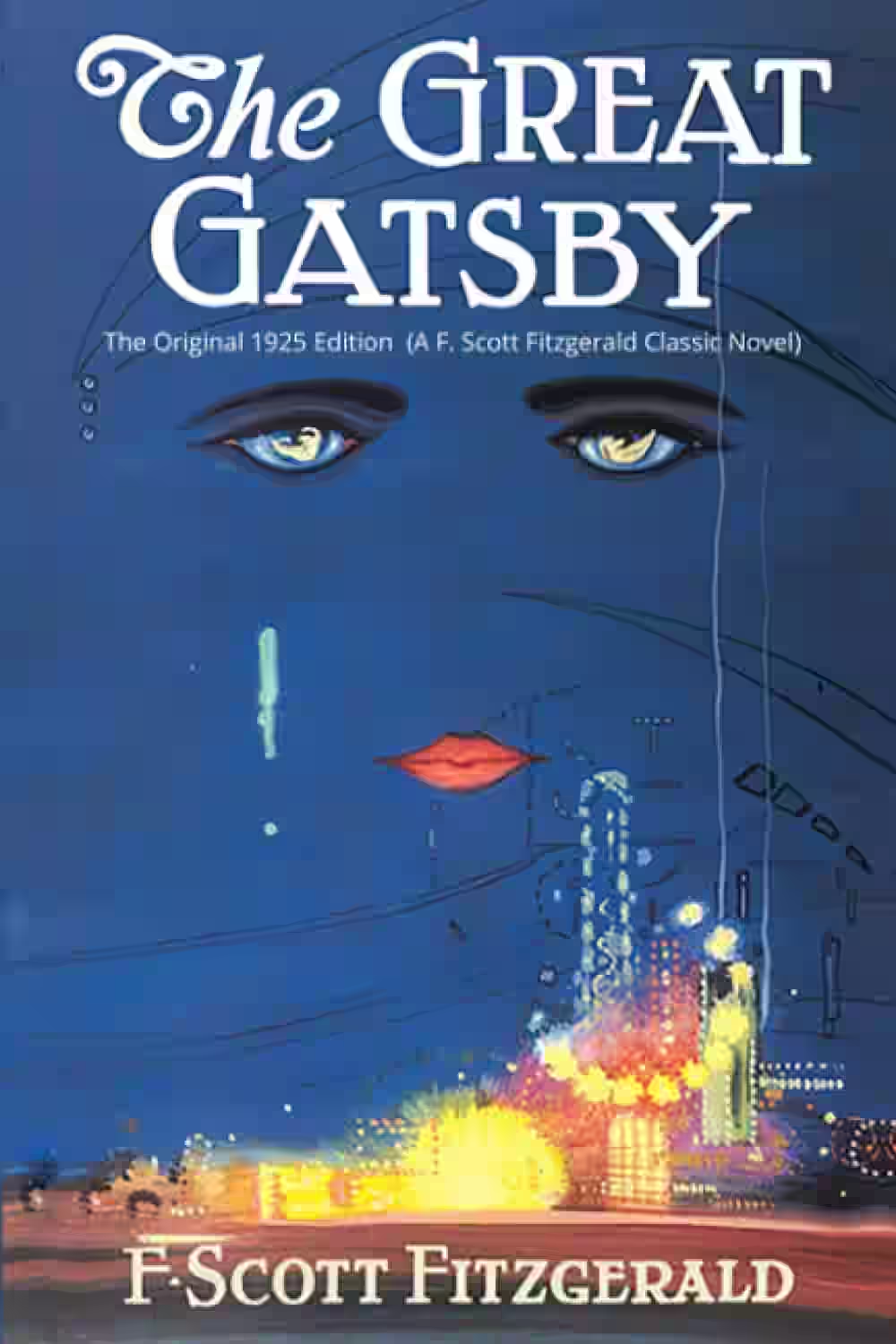
The Great Gatsby
Set in the decadent summer of 1922, this masterpiece follows mysterious millionaire Jay Gatsby's obsessive pursuit of his former love, Daisy Buchanan. Through the eyes of narrator Nick Carraway, the story unfolds in a world of lavish parties and empty morality, exploring themes of wealth, love, and the corruption of the American Dream. As Gatsby's facade crumbles, the novel reveals the hollow heart of the Jazz Age.
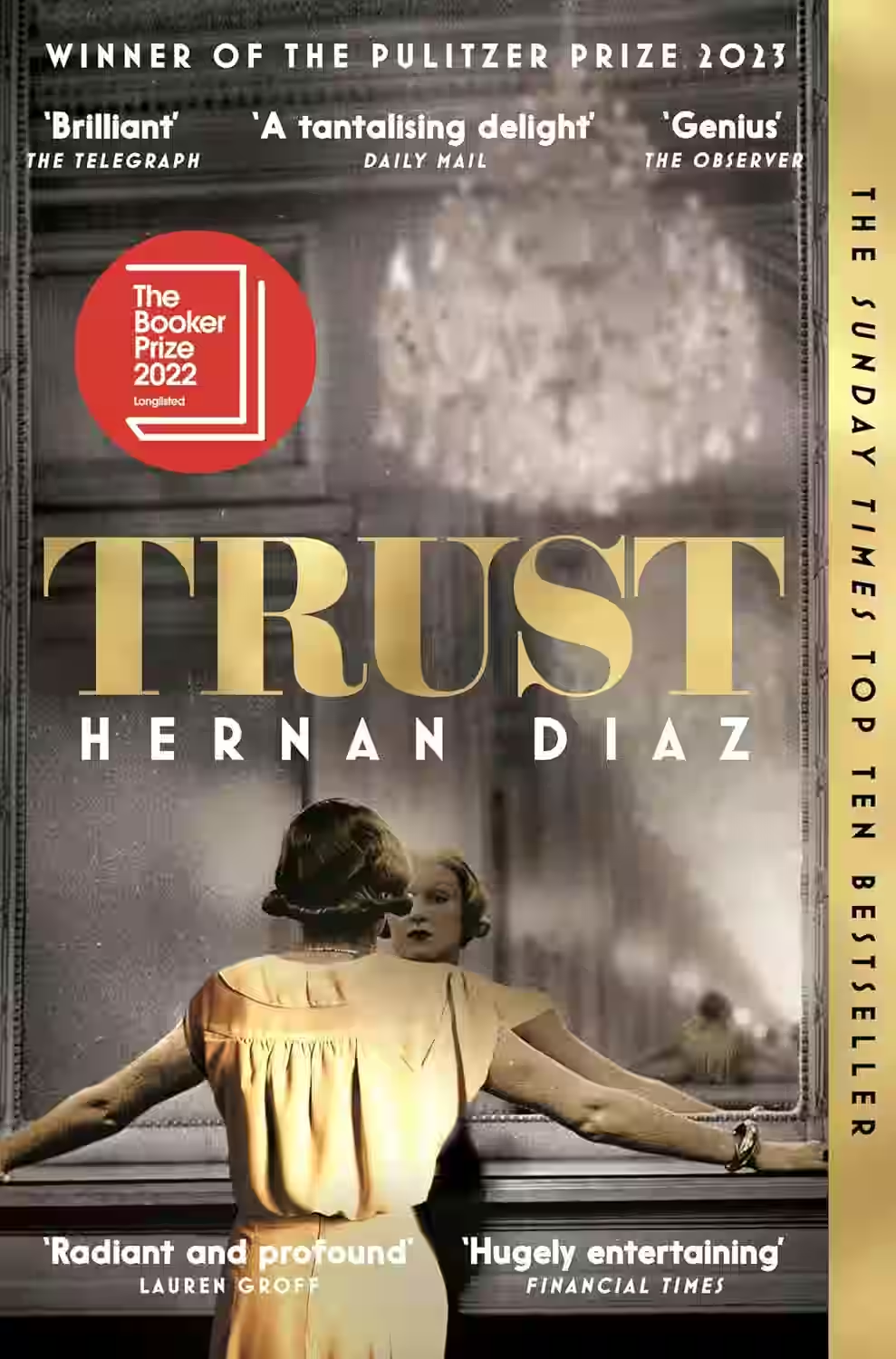
Trust
by Hernán Diaz
Can one person change the course of history? A Wall Street tycoon takes a young woman as his wife. Together they rise to the top in an age of excess and speculation. But now a novelist is threatening to reveal the secrets behind their marriage, and this wealthy man’s story - of greed, love and betrayal - is about to slip from his grasp. Composed of four competing versions of this deliciously deceptive tale, Trust by Hernan Diaz brings us on a quest for truth while confronting the lies that often live buried in the human heart.
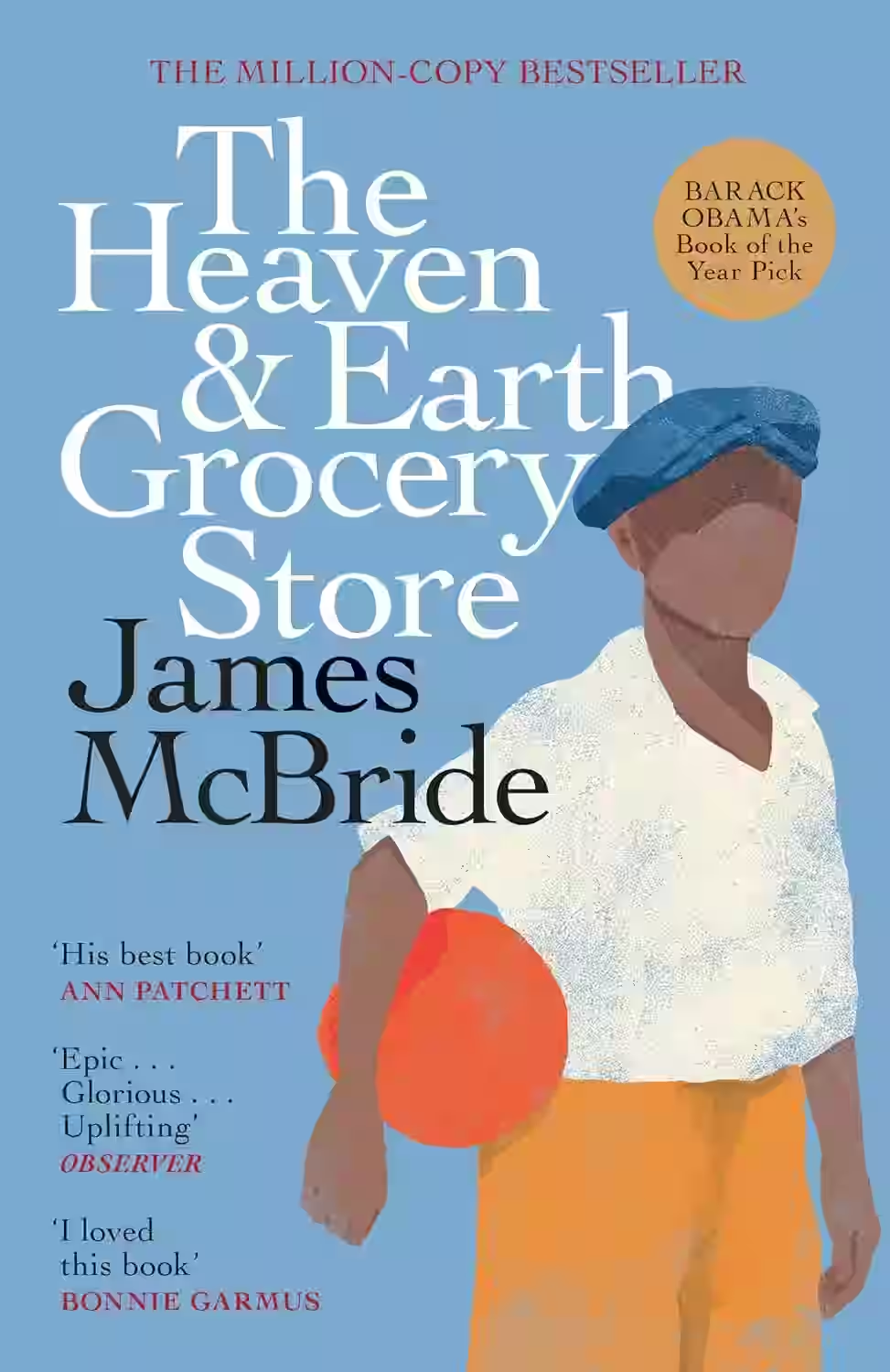
The Heaven & Earth Grocery Store
Set in 1970s Pottstown, Pennsylvania, this novel uncovers secrets buried within a tight-knit, racially diverse community. When a skeleton is discovered in a well, the town's residents are forced to confront long-held truths. At the heart of the story is the Heaven & Earth Grocery Store, a beacon of kindness owned by a Jewish woman who shelters a deaf Black boy from institutional cruelty. McBride’s novel is a rich tapestry of history, humor, and humanity, illuminating how love and community can thrive despite systemic injustice, making it both a gripping mystery and a moving exploration of American life.
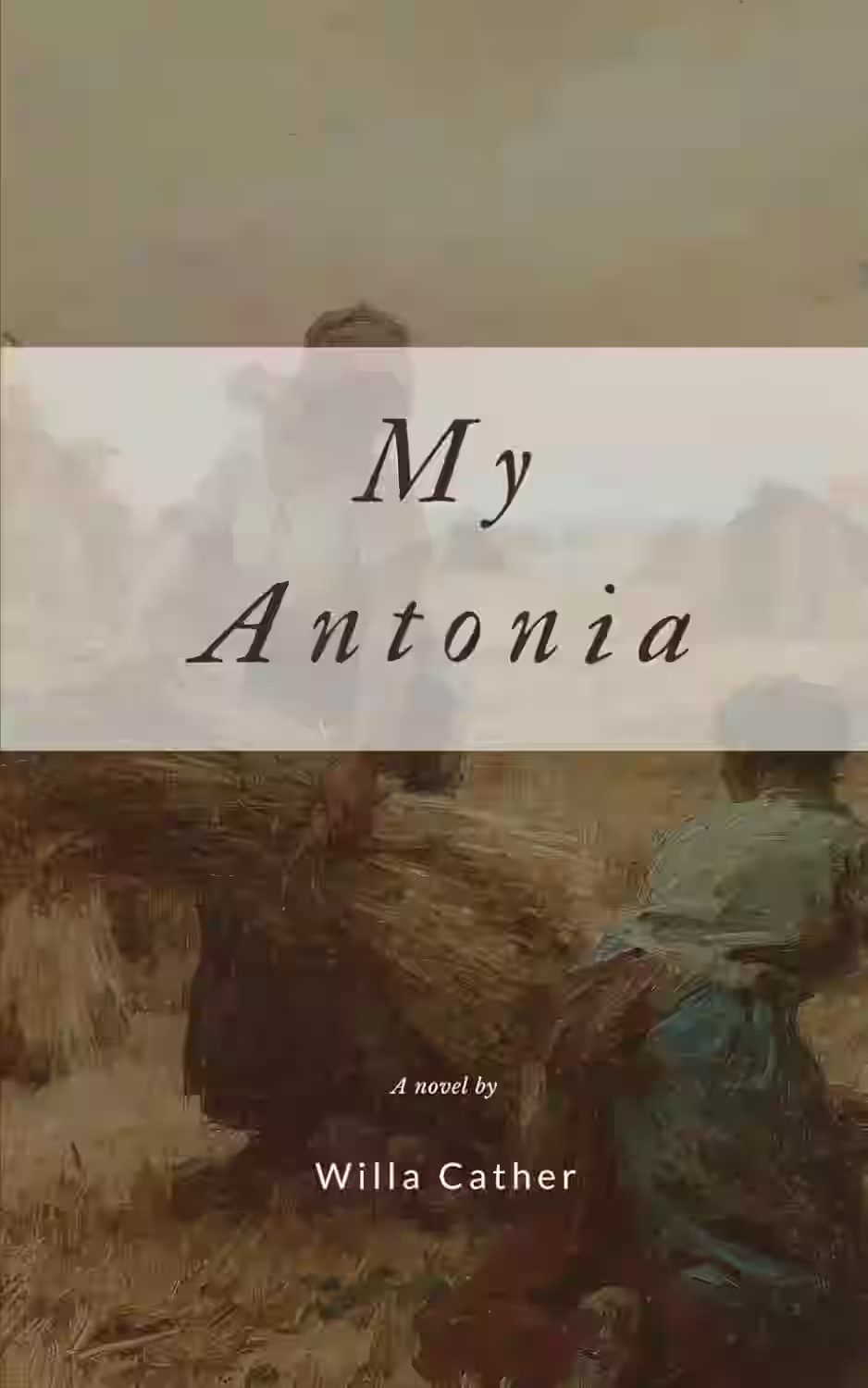
My Antonia
by Willa Cather
Told through the eyes of Jim Burden, My Ántonia recounts the life of Ántonia Shimerda, a spirited immigrant girl on the Nebraska frontier. Through vivid landscapes and deep characterizations, Cather celebrates pioneer life, hard work, and memory. The novel is a nostalgic tribute to the resilience of early settlers and the bond between people and place, filled with poetic prose and quiet power.